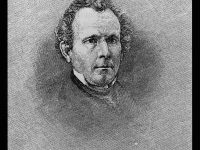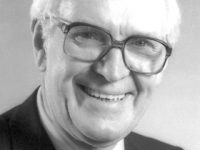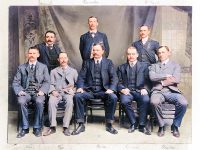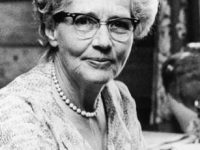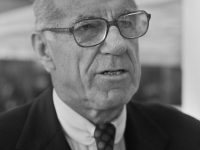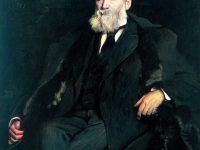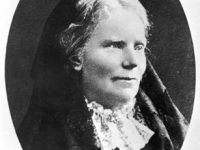Morell Mackenzie and The Fatal Illness Of Frederick The Noble
On July 7, 1837, British physician Morell Mackenzie was born. Mackenzie was one of the pioneers of laryngology in the United Kingdom. He is best remembered for his role at the centre of a bitter international controversy over the death of Emperor Frederick III of Germany. In his book, ‘The Fatal Illness Of Frederick The Noble’ (1888), Mackenzie describes his care of laryngeal cancer in the Crown Prince, later Emperor Frederick the Noble.…
Read more


